Introduction
In today's world, financial literacy is not just an asset; it's a necessity. Whether
you're
starting from scratch or looking to expand your financial knowledge, the right finance
books can
be transformative. They offer insights into managing money, investing wisely, and paving
the way
to financial freedom. This guide is your curated roadmap to the best finance books out
there,
each offering unique perspectives and valuable lessons. From the timeless wisdom in
classics to
modern approaches for today's financial challenges, we cover a range of books suited for
everyone from beginners to aspiring investors and entrepreneurs. Our goal is to equip
you with
the knowledge and inspiration to take control of your financial future.
Comprehensive Finance Books
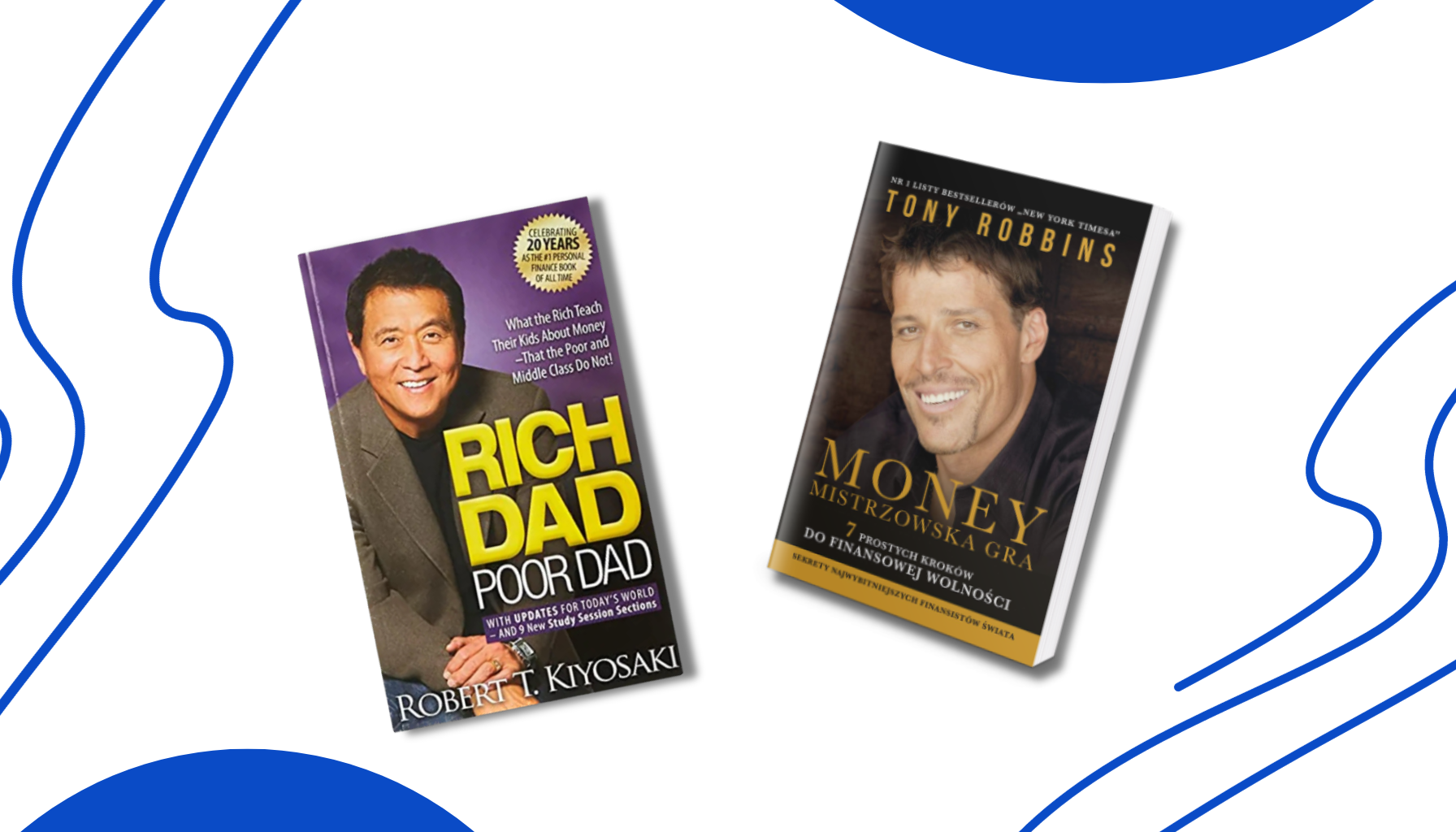
"Rich Dad Poor Dad" by Robert T. Kiyosaki
Summary: This book challenges conventional views on money and
investing,
focusing on the importance of financial education.
Why Read: It offers a fresh perspective on wealth building and the
significance of financial intelligence.
Key Takeaways: Understanding the difference between assets and
liabilities,
and the power of financial literacy in wealth creation.
"Money: Master The Game" by Tony Robbins
Summary: Robbins compiles financial strategies from several
successful
investors, providing a comprehensive guide to securing financial freedom.
Why Read: It's a thorough resource for anyone looking to take
control of
their financial future with advice from some of the world's top financial experts.
Key Takeaways: Insights into investment strategies, retirement
planning, and
how to achieve financial independence.
These books are not just informative; they are transformative in their approach to
personal
finance and investment. They provide readers with the tools and understanding necessary
to
navigate the financial world confidently. Whether you're a novice or looking to expand
your
financial knowledge, these books are essential reads.
Finance Books for Beginners
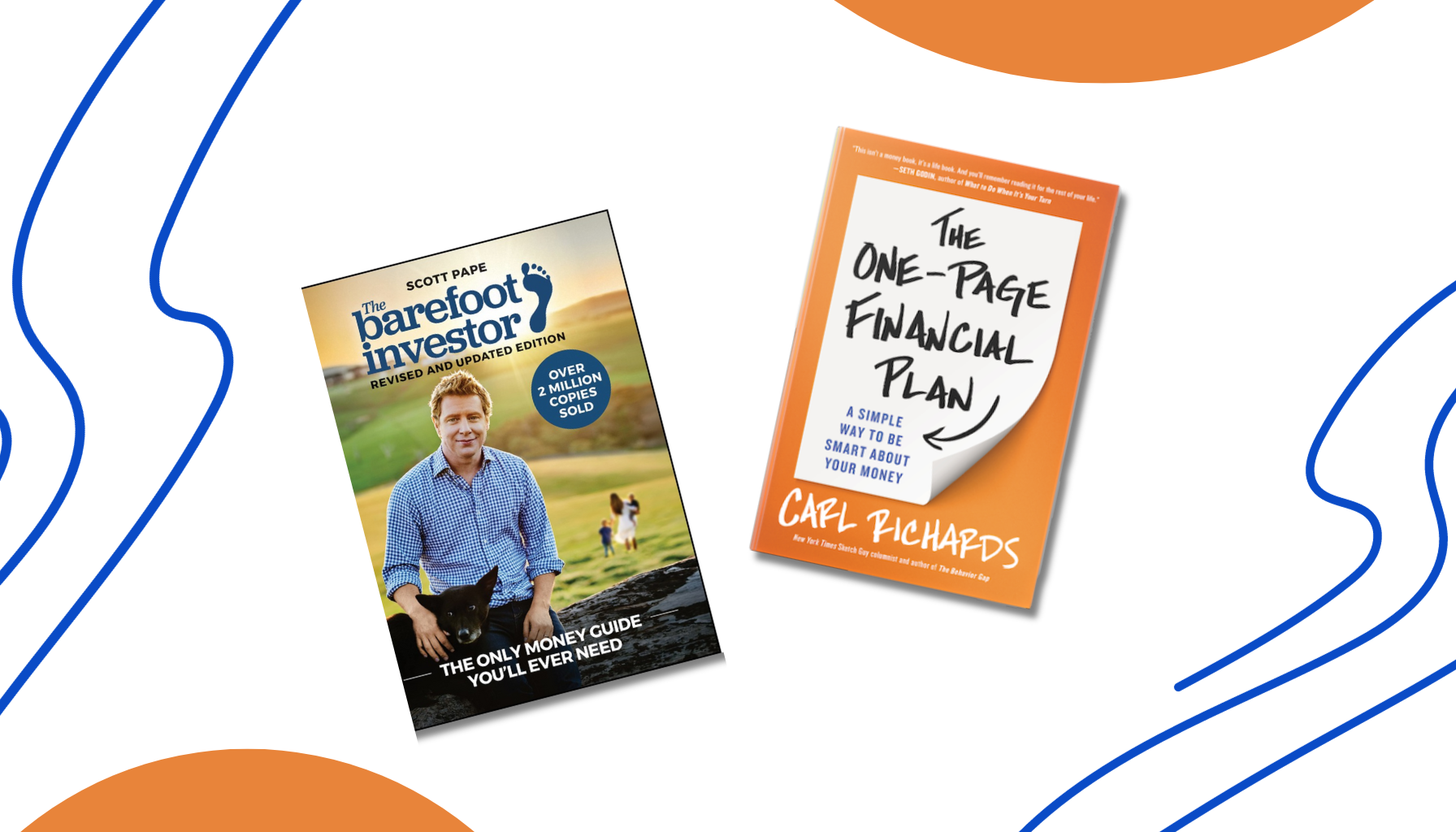
"The Barefoot Investor" by Scott Pape
Overview: Pape provides a straightforward, no-nonsense approach to
managing
your finances, from savings to investments.
Key Insights: Practical advice on debt reduction, savings, and
simple
investment strategies for financial stability.
"The One-Page Financial Plan" by Carl Richards
Overview: Richards simplifies financial planning, showing how you
can map
out your financial future on a single page.
Key Insights: Focuses on the importance of understanding your
personal
financial goals and creating a realistic plan to achieve them.
These books are ideal for beginners, breaking down complex financial concepts into
understandable
and actionable steps. They guide readers through the basics of financial management and
planning, setting a strong foundation for more advanced financial learning and
decision-making.
Must-Reads for Investors
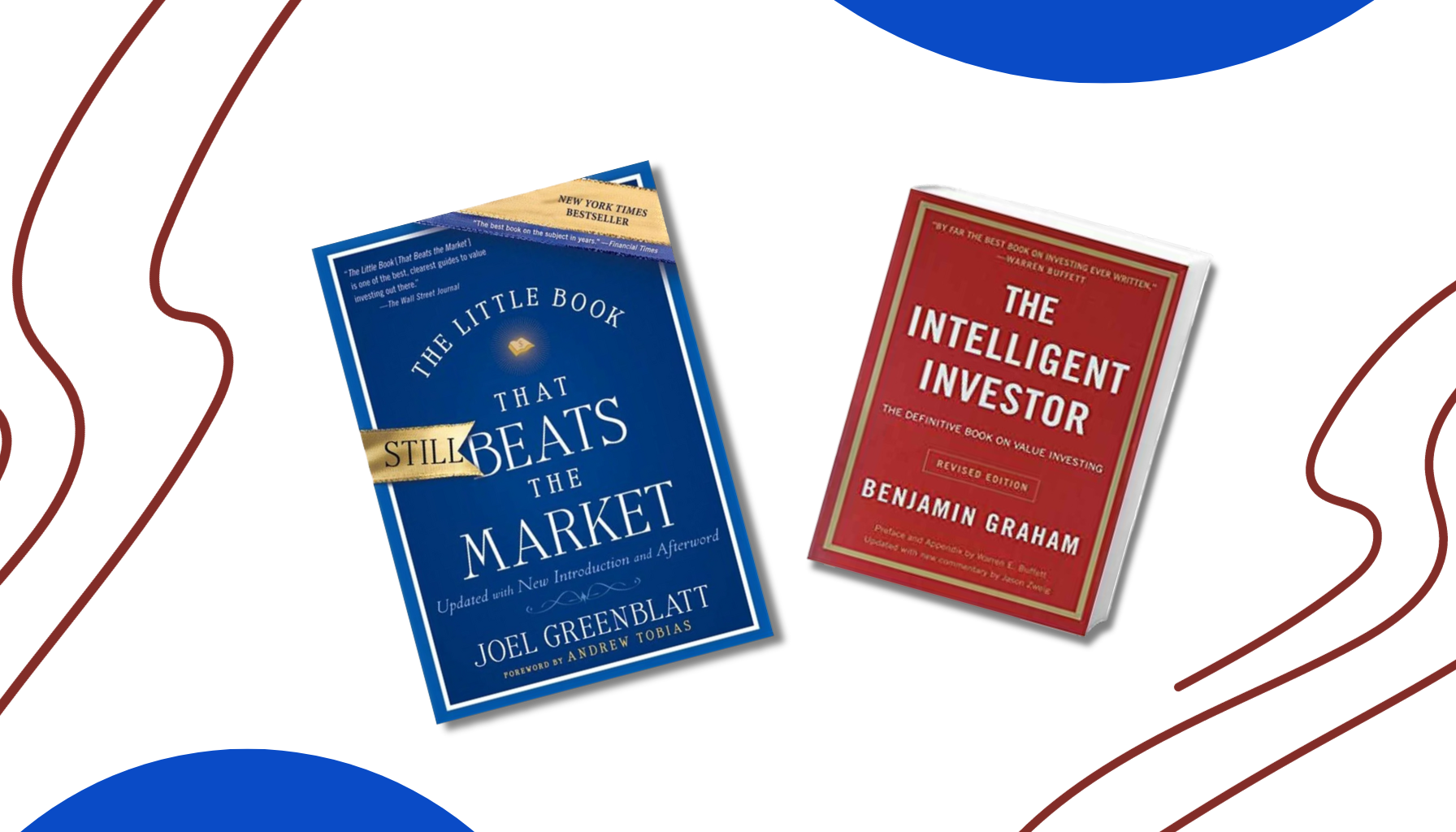
"The Intelligent Investor" by Benjamin Graham
Overview: Graham's book is a cornerstone of investing literature,
advocating
for value investing and long-term strategies.
Insights: It emphasizes the principles of risk management, investor
psychology, and the fundamentals of sound investing.
"The Little Book That Beats The Market" by Joel Greenblatt
Overview: Greenblatt offers a straightforward strategy for
outperforming the
market, accessible to both novice and experienced investors.
Insights: The book simplifies complex investment strategies and
highlights
the importance of choosing stocks based on company value and market performance.
These books are essential for anyone serious about investing. They not only provide
fundamental
investment knowledge but also offer practical strategies that can be applied regardless
of
market conditions. Whether you're just starting out or looking to refine your investment
approach, these books are invaluable resources for building a solid investing
foundation.
Essential Reads for Entrepreneurs
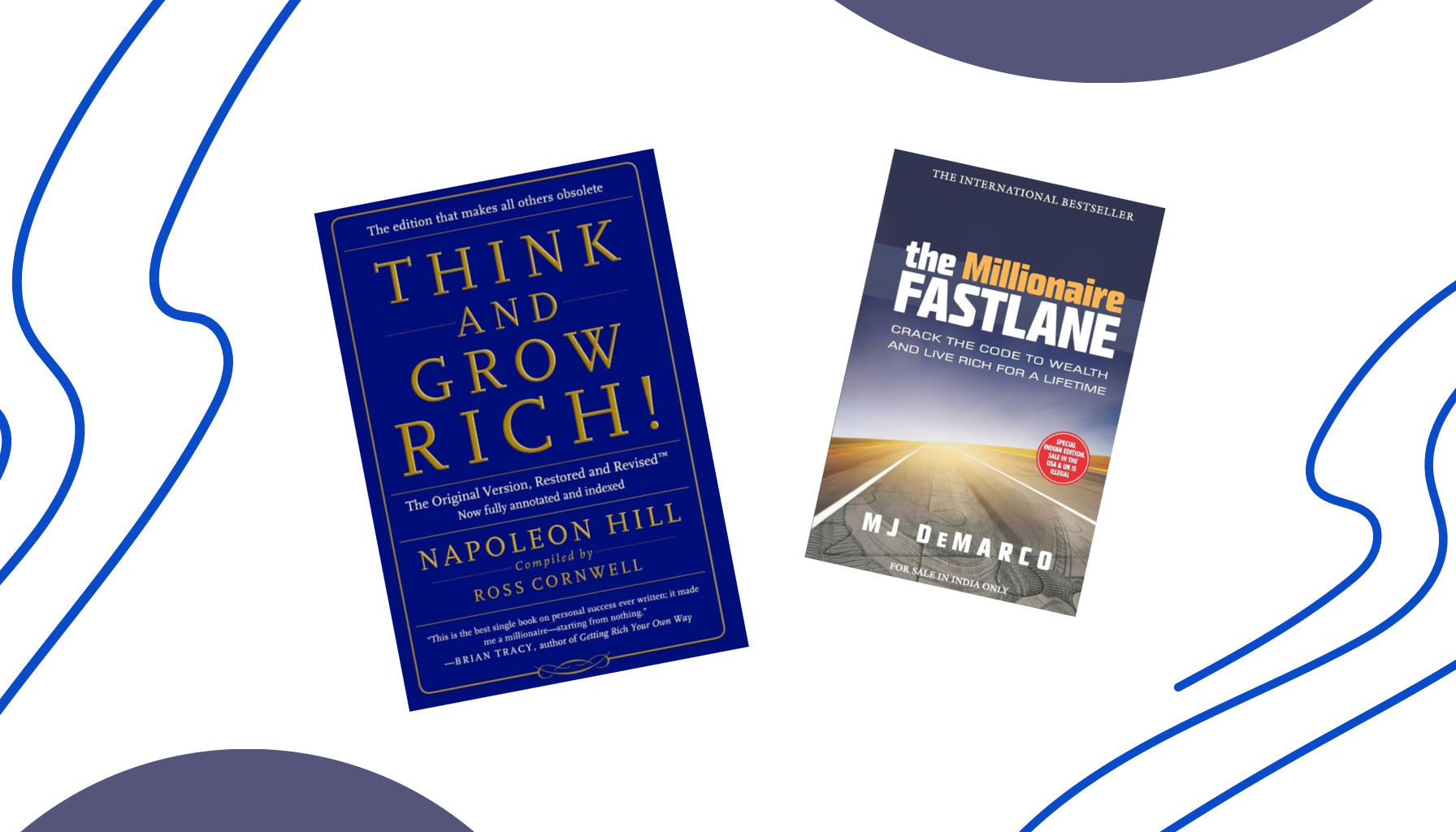
"The Millionaire Fastlane" by MJ DeMarco
Overview: DeMarco challenges conventional financial wisdom and
presents an
unconventional path to wealth.
Focus: The book emphasizes creating value and leveraging
entrepreneurial
ventures for rapid wealth accumulation.
"Think and Grow Rich" by Napoleon Hill
Overview: Hill's classic book explores the power of personal beliefs
in
achieving financial success.
Focus: It offers timeless principles on wealth creation, emphasizing
the
importance of a positive mindset and clear financial goals.
These books are crucial for entrepreneurs who aim to understand the financial aspects of
building
and growing a business. They provide not just strategies for wealth accumulation but
also
emphasize the mindset needed for financial success.
Best Picks for Saving Money
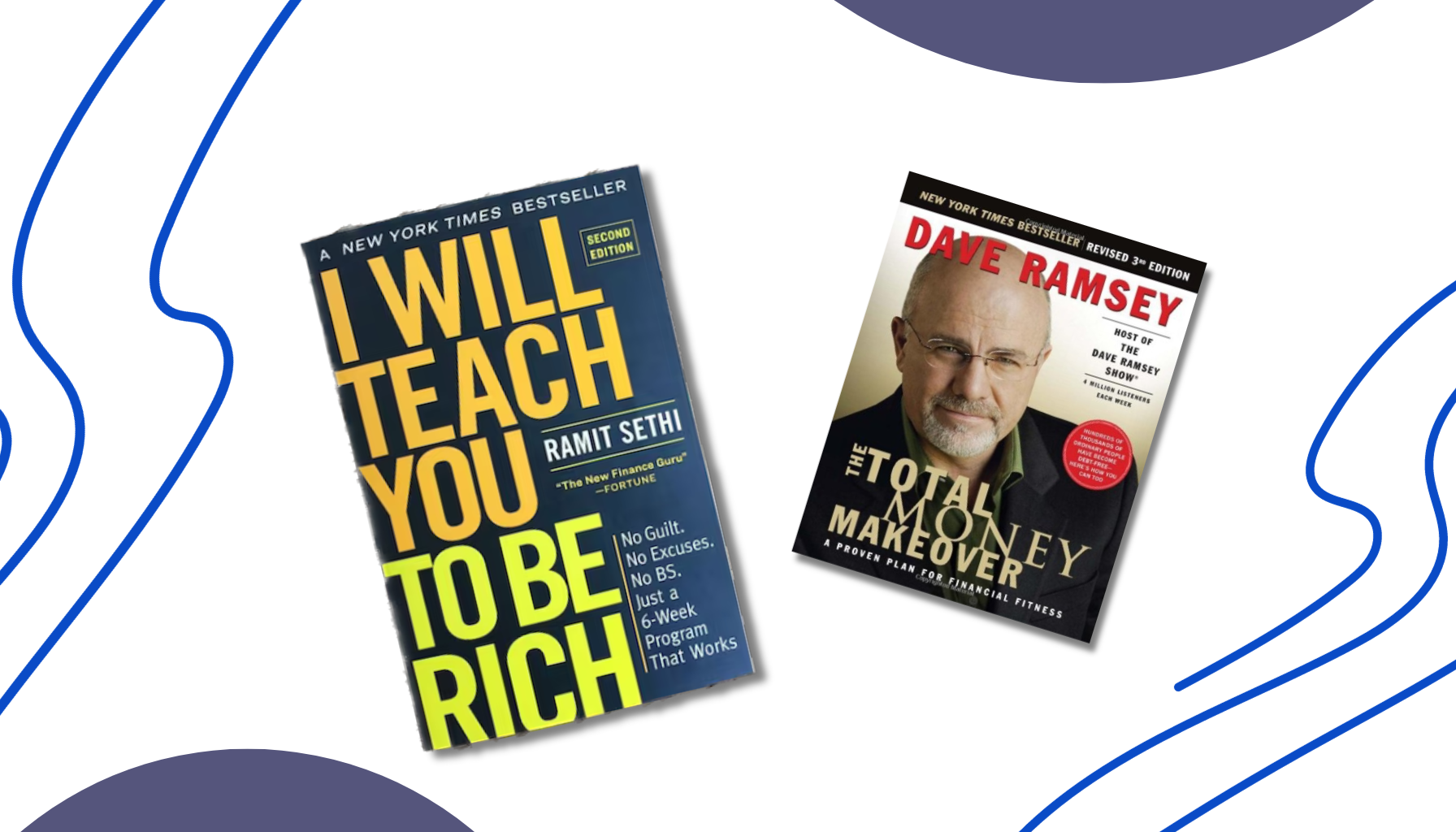
"I Will Teach You To Be Rich" by Ramit Sethi
Overview: Sethi provides a six-week program for financial fitness,
covering
banking, saving, budgeting, and investing.
Discussion: The book is known for its straightforward approach to
personal
finance management, emphasizing automation and smart financial choices.
"The Total Money Makeover" by Dave Ramsey
Overview: Ramsey offers a step-by-step plan for financial
transformation,
focusing on debt elimination and building wealth.
Discussion: This book is renowned for its practical advice on
budgeting,
saving, and debt reduction, guiding readers towards financial independence with a
no-nonsense approach.
Both books are excellent resources for anyone looking to take control of their finances.
They
provide clear, actionable steps to improve financial habits, increase savings, and
achieve a
more secure financial future. Whether you're struggling with debt or simply looking to
refine
your financial planning, these books offer valuable insights and strategies to help you
on your
path to financial stability.
Top Finance Books for Retirement Planning
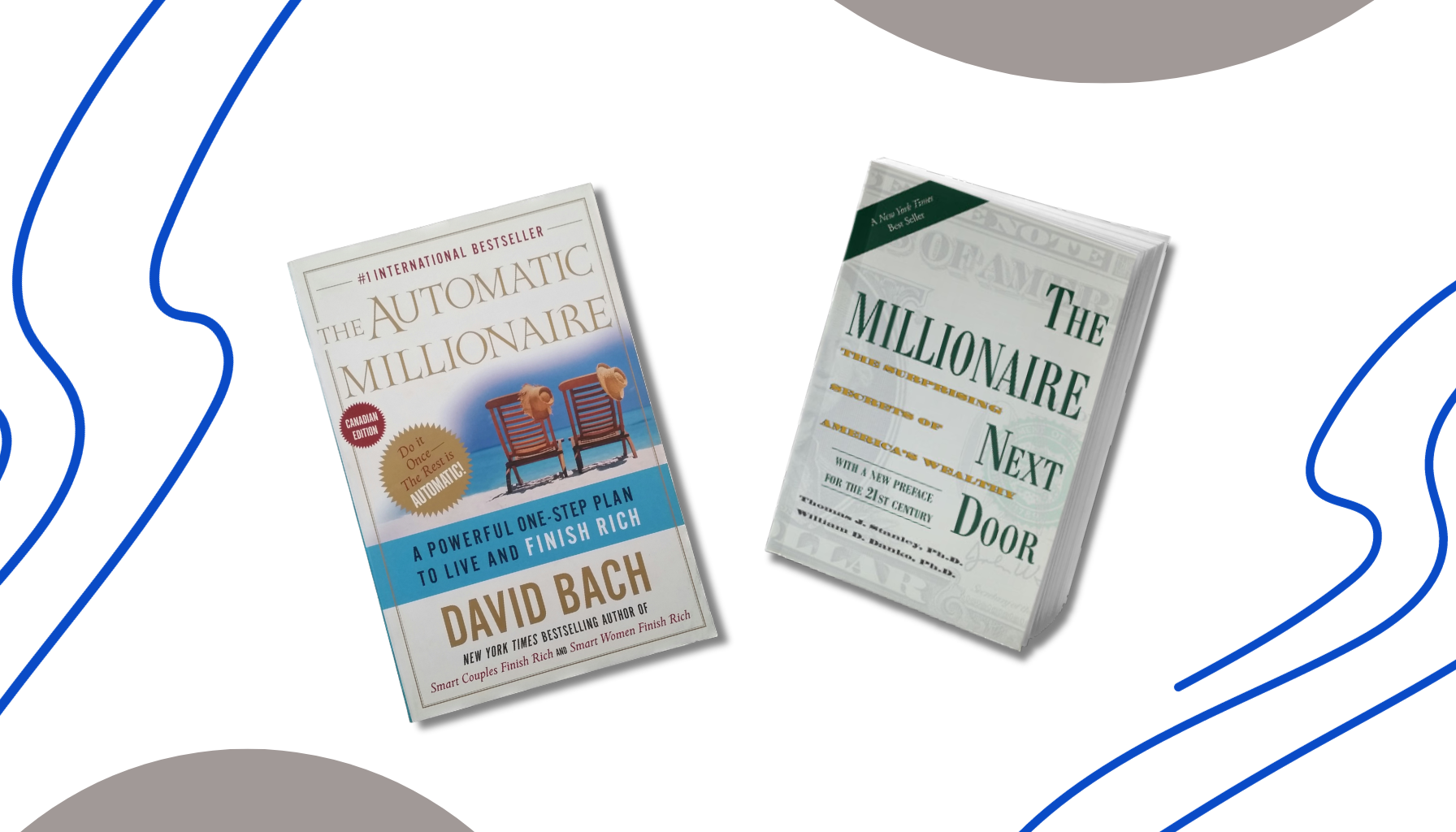
"The Automatic Millionaire" by David Bach
Overview: Bach presents a simple and effective plan for achieving
financial
independence with minimal effort and discipline.
Analysis: The book emphasizes the power of automating your finances,
from
savings to investments, to effortlessly build wealth over time.
"The Millionaire Next Door" by Thomas J. Stanley
Overview: Stanley's book reveals the common traits and habits of
individuals
who have successfully accumulated wealth.
Analysis: It offers insights into frugal living, smart investing,
and the
importance of financial planning in achieving long-term wealth, particularly for
retirement.
These books are essential for anyone looking to secure their financial future and retire
comfortably. They provide not only strategies for accumulating wealth but also insights
into the
habits and mindsets that facilitate successful retirement planning.
Achieving Financial Freedom
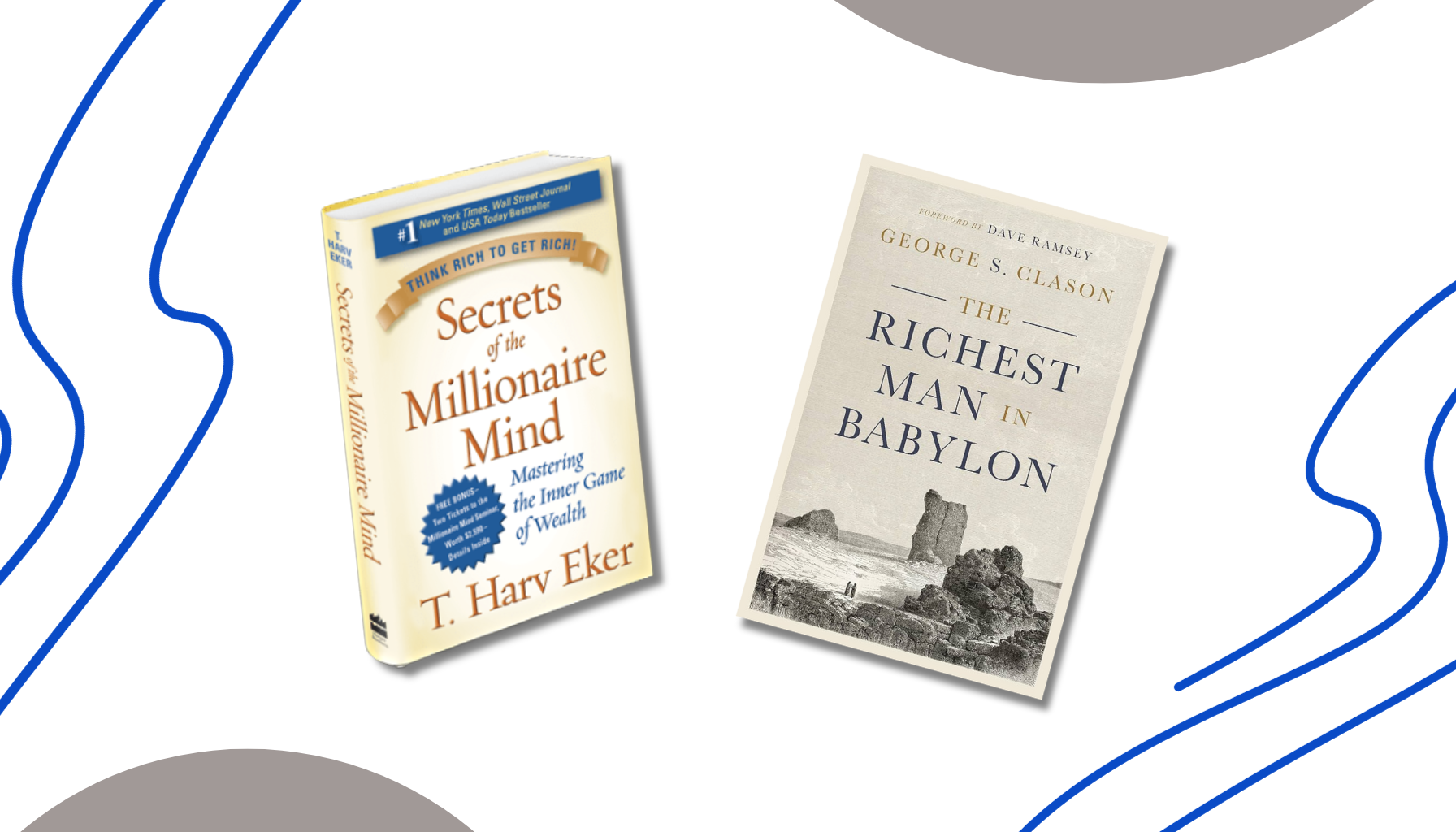
"Secrets Of The Millionaire Mind" by T. Harv Eker
Overview: Eker focuses on how changing your mindset can lead to
significant
wealth creation and financial freedom.
Examination: The book delves into the thought patterns that
differentiate
the wealthy from the average person, offering actionable steps to cultivate a
millionaire
mindset.
"The Richest Man In Babylon" by George Clason
Overview: Clason offers timeless financial wisdom through a series
of
parables set in ancient Babylon.
Examination: It provides foundational financial advice, focusing on
saving,
investing wisely, and living within one's means as key principles for building
wealth.
These books are crucial for anyone aiming to achieve financial freedom. They not only
provide
practical financial advice but also emphasize the importance of the right mindset in
managing
and growing wealth. For readers seeking to break free from financial constraints and
build
lasting wealth, these books are invaluable resources.
Special Mention
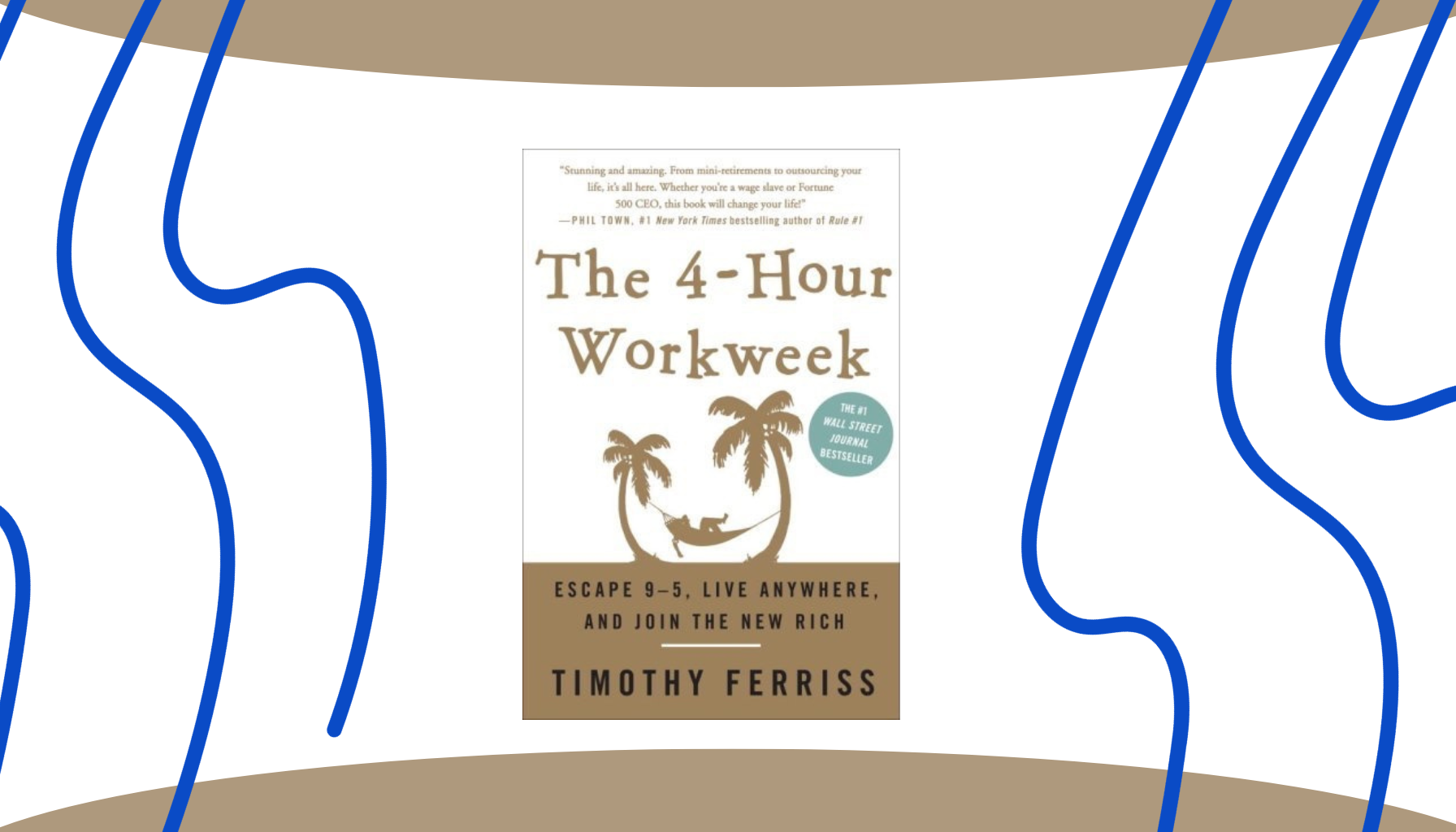
"The 4-Hour Workweek" by Timothy Ferriss
Quick Look: Ferriss challenges conventional work norms and offers
strategies
for achieving financial independence with a new lifestyle design.
Key Insights: The book provides innovative ideas on automating
income,
freeing up time, and living more with less, redefining the concept of retirement.
This book stands out for its unconventional approach to work and finance. It's
particularly
appealing to those seeking to break away from traditional career paths and explore
alternative
ways of achieving financial success and personal freedom. Ferriss's strategies are about
more
than just earning money; they're about creating a lifestyle that aligns with your
personal
values and goals.
Wrapping Up
As we conclude our guide to the ultimate finance books, it's clear that each of these
works
offers unique insights and valuable strategies for managing and growing wealth. From
beginners
to seasoned investors, entrepreneurs to those planning for retirement, these books cover
a wide
range of financial topics and cater to diverse financial goals.
Conclusion
Summarizing Key Themes: The books highlighted in this guide provide a
comprehensive look at various aspects of financial management, from basic principles to
advanced
investment strategies.
Encouraging Further Exploration: Readers are encouraged to delve deeper
into the
topics that resonate most with their personal financial goals and continue their
education in
financial literacy.
Additional Resources
Suggested Book Lists: For those seeking more, additional book lists by
topic or
author are recommended for continued reading and deeper understanding.
Expanding Knowledge: These resources can further aid in developing a
robust
financial acumen and achieving personal financial objectives.
This guide aims to serve as a starting point for your financial education journey,
offering a
selection of books that can transform your approach to money management, investing, and
personal
wealth. Whether you're looking to improve your financial situation, invest smarter, or
plan for
the future, these books provide the knowledge and tools to help you succeed. Remember,
the path
to financial freedom begins with education and informed decision-making.
FAQs on Finance Books and Financial Literacy
1. What makes "Rich Dad Poor Dad" a unique finance book?
Answer: "Rich Dad Poor Dad" stands out for its unconventional
approach to
wealth and investing. It challenges traditional beliefs about money, emphasizing the
importance of financial education over simply earning a high income.
2. Is "The Intelligent Investor" suitable for beginner investors?
Answer: Yes, "The Intelligent Investor" is suitable for beginners.
It lays a
solid foundation for understanding value investing and provides timeless advice,
although
some beginners might find it a bit dense and may need to supplement it with more
recent
commentaries or simpler guides.
3. How can "The Total Money Makeover" help in managing personal finances?
Answer: "The Total Money Makeover" offers a straightforward,
step-by-step
plan for transforming your financial situation. It focuses on practical strategies
for debt
reduction, budgeting effectively, and building a solid foundation for wealth
creation.
4. Can "Think and Grow Rich" actually help in becoming rich?
Answer: "Think and Grow Rich" focuses more on the mindset and
principles
behind wealth creation rather than specific financial strategies. It teaches that
success in
wealth accumulation starts with a positive mindset, clear goals, and persistence,
which are
crucial but need to be complemented with practical financial actions and strategies.
5. Are the investment strategies in "The Little Book That Beats The Market" still
relevant
today?
Answer: Yes, the investment strategies in "The Little Book That
Beats The
Market" remain relevant. The book's core principles, focusing on value investing and
market
efficiency, are timeless concepts in the investment world. However, as with any
investment
strategy, it's important to consider current market conditions and individual
financial
situations.
